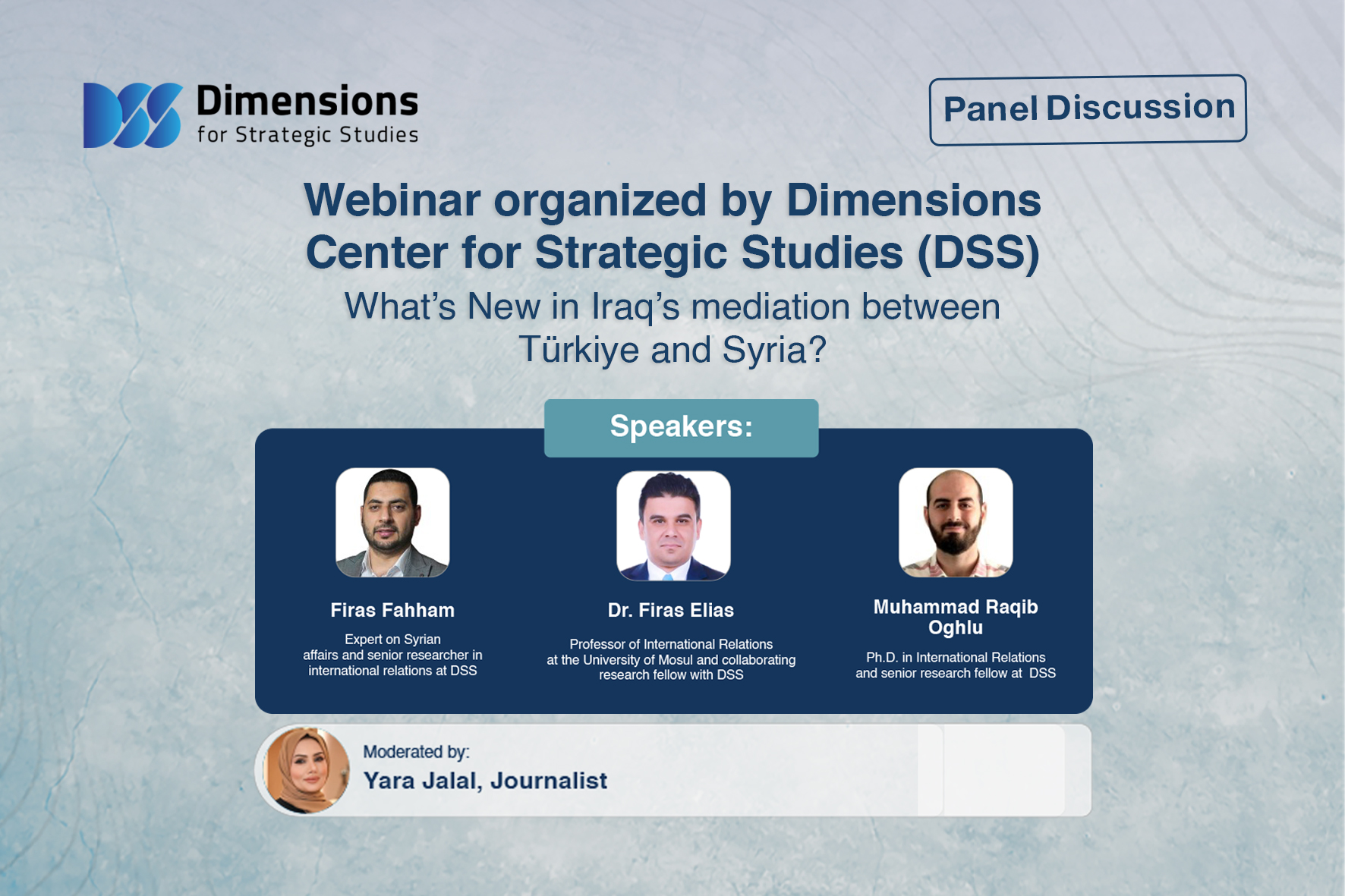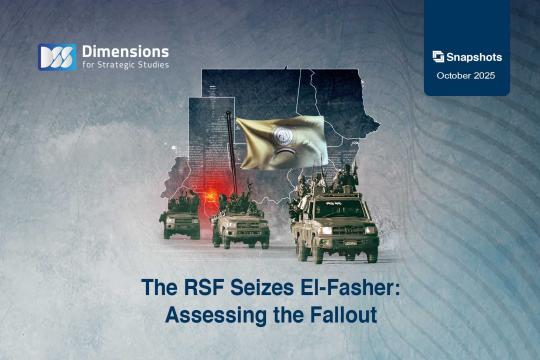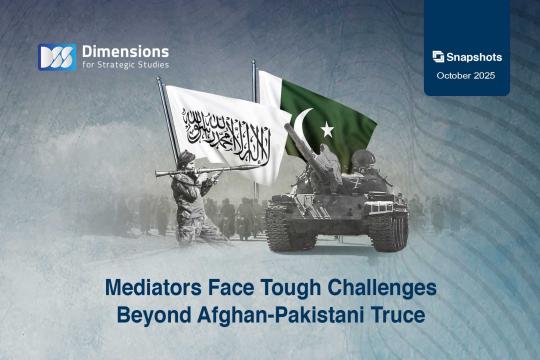
What’s New in Iraq’s mediation between Türkiye and Syria?
2024-06-114362 view
Dimensions for Strategic Studies’ latest online symposium examined the prospects for Iraq’s mediation between the Syrian regime and Türkiye.
The panel was comprised of:
Dr. Firas Elias: Professor of International Relations at the University of Mosul and an Associate Researcher with Dimensions.
Dr. Mohammed Raqib Oğlu, a Resident Researcher at Dimensions.
Professor Firas Faham, expert on Syrian affairs and Researcher in international relations at Dimensions.
Moderator: Yara Jalal.
Dr. Firas Elias said that by unveiling his mediation efforts via Turkish TV in late May, Iraqi Prime Minister Muhammad Shia al-Sudani had sent an indirect message to his interlocutors in Ankara. Turkish opposition parties had gained momentum with a sweeping triumph at local elections in March, and have repeatedly voiced their desire to normalize relations with the regime of Syrian President Bashar al-Assad, in parallel with the government’s efforts in this regard.
Sudani’s intervention may encourage them to exert still greater pressure on President Recep Tayyip Erdoğan to engage with the Iraqi initiative, in order to address the question of millions of Syrian refugees living on Turkish soil, as they have repeatedly demanded.
Elias added that Sudani appears to believe that moving the focus of engagement with Damascus from security to politics, by launching a political process, might represent the beginning of a solution. Arab rapprochement with the Assad regime, notably by Saudi Arabia, cannot gain momentum as long as Türkiye remains outside the process. Continued tensions between Ankara and Damascus, including over a political solution to the Syrian crisis, could hobble any initiative towards reconciliation between the Syrian regime and its Turkish and Arab neighbors. Indeed, Sudani made a point of emphasizing this in a phone call with Assad earlier this week.
Elias said that the most prominent challenge facing Sudani is the lack of trust between Türkiye and the Syrian regime. Turkish President Recep Tayyip Erdoğan has repeatedly voiced his suspicion towards Damascus. These fears are the main obstacle to Turkish openness towards the Assad regime, especially after Russian mediation failed to achieve tangible results. This increases the difficulty of the Iraqi mission.
For its part, Damascus has long criticized the Turkish role in the Syrian crisis, especially Türkiye’s support for Syrian opposition forces. This poses major challenges Sudani’s mediation efforts.
Dr. Mohammed Raqib Oğlu said that Iraq is relatively weak and ill-equipped to act as a mediator state, lacking diplomatic experience compared to Qatar or Oman. Iraq suffers from its own domestic problems that mean it is unlikely to be able to solve the problems of others. Raqib Oğlu said that Türkiye does not trust Iraq, and questioned how Iraq could be expected to succeed where Russia, which is far better equipped to mediate, has failed. He added that the Syrian regime has little desire to normalize relations with Türkiye, and seems neither willing nor able to cooperate with it.
Firas Faham argued that the task of normalizing relations between Türkiye and the Syrian regime has become more difficult since the Turkish presidential elections, when Türkiye was more in need of normalization, and the Russian mediator was stronger. The Syrian regime sees no need to normalize relations with Türkiye, preferring instead to normalize with Arab countries, which it believes are able to offer financial support for post-war reconstruction.
Other participants in the discussion raised various points such as the Iran’s backing for the mediation, an echo of its successful mediation between the Syrian regime and Hamas. This could strengthen Iraq’s role, as Elias confirmed.





